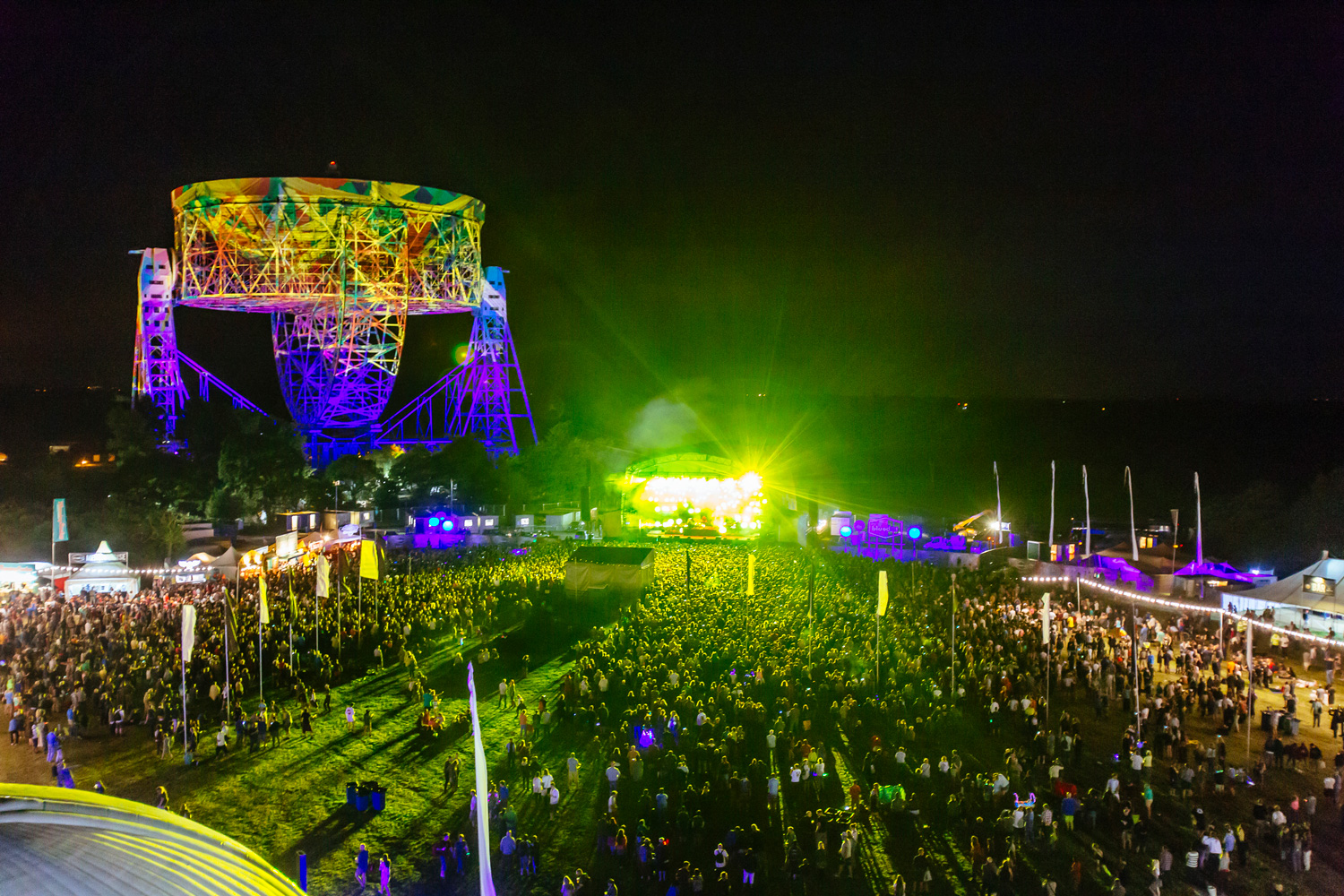In today’s fast-paced world, data has become a valuable resource across industries, and the event management sector is no exception. Events companies are increasingly leveraging data to create more personalized, efficient, and successful events. From corporate conferences to large-scale festivals, data helps in understanding audience preferences, optimizing logistics, and measuring success. This shift towards data-driven decision-making allows companies to deliver outstanding experiences while ensuring cost-effectiveness.
In this blog, we’ll explore how data is revolutionizing event planning and why it has become a crucial element for any successful event company in Dubai or across the globe. We’ll look at various aspects, including attendee insights, engagement metrics, budget optimization, and post-event analysis, that are transforming the event management landscape.
1. Understanding Attendee Preferences
One of the most significant advantages of data for event companies is the ability to understand the preferences and behavior of attendees. Data can be collected through various channels, including ticket sales, registration forms, social media interactions, and website activity. This information provides valuable insights into what attendees are interested in, helping companies tailor their event offerings accordingly.
For instance, an event company organizing a corporate seminar can use attendee data to understand what topics are most relevant to their audience. By analyzing previous event feedback, companies can identify which speakers or session formats were most popular and use that knowledge to improve future events. Similarly, data on preferred food and beverage options, entertainment, and seating arrangements allow event organizers to enhance the guest experience.
Example: Predicting Attendance and Interests
Data helps predict attendance numbers and audience interests, enabling event planners to make informed decisions about venue size, catering needs, and event flow. For example, if historical data shows that a particular event attracts a younger demographic, event planners can curate a lineup of speakers, workshops, and entertainment that resonates with that audience. This not only enhances attendee satisfaction but also improves overall event success.
2. Personalizing the Event Experience
Today’s event attendees expect a personalized experience that caters to their individual preferences. Event companies are using data to segment their audiences and create personalized content and experiences. By analyzing attendee data such as past participation, job titles, or interests, companies can send targeted invitations, suggest relevant sessions, and even customize event schedules for each participant.
This approach is particularly beneficial in creating memorable experiences for corporate clients. Whether it’s a trade show, a product launch, or a team-building event, personalization leads to higher engagement and attendee satisfaction. For example, event apps can use data to recommend breakout sessions or networking opportunities that align with the attendee’s profile, ensuring they make the most out of the event.
3. Improving Event Marketing
Marketing an event effectively is crucial to its success. Events companies now rely on data analytics to craft smarter marketing campaigns that reach the right audience at the right time. Tools like Google Analytics, social media insights, and email marketing platforms provide rich data on user behavior, helping companies understand how their target audience interacts with promotional materials.
An event company in Dubai can analyze the effectiveness of different marketing channels, such as email campaigns, social media ads, or influencer partnerships. By tracking which channels drive the most engagement or ticket sales, companies can allocate their marketing budgets more effectively, reducing wasteful spending and maximizing return on investment (ROI).
Example: Targeted Advertising
Using data, companies can target potential attendees based on demographics, interests, or previous interactions. For example, if a company is hosting a tech conference, they can use social media platforms to target ads to users who have shown interest in technology or innovation-related topics. This ensures the right audience sees the event ads, leading to higher ticket sales and increased attendance.
4. Optimizing Logistics and Operations
Data also plays a critical role in the logistical side of event planning. From choosing the right venue to managing crowd flow, data analytics help event companies streamline operations and optimize event logistics. For example, historical data on foot traffic patterns can help organizers plan the layout of an event, ensuring smooth movement of attendees and minimizing bottlenecks.
Logistical efficiency is crucial, especially when organizing large-scale events like international conferences or trade shows. Data can inform decisions about everything from seating arrangements and parking to the placement of food stations and restrooms. Additionally, real-time data can be used during the event to monitor attendance levels, track attendee movement, and make adjustments as needed.
Example: Predicting Event Needs
By analyzing past event data, companies can predict the quantity of resources required, such as catering, staffing, or technical equipment. This helps prevent over-ordering or under-preparation, saving costs and ensuring a seamless experience for attendees. For instance, if data shows that a specific type of food runs out quickly at previous events, organizers can increase the supply for future events, ensuring all attendees are satisfied.
5. Measuring Event Success with Data Analytics
Post-event data analysis is just as important as pre-event planning. Events companies are using data to measure the success of an event and gather insights that will improve future planning. By collecting feedback from attendees, tracking social media engagement, and analyzing ticket sales, companies can evaluate the effectiveness of different aspects of the event.
Event companies can use metrics such as attendee satisfaction, social media mentions, or engagement rates to gauge the success of a product launch or corporate conference. These insights help event organizers understand what worked well and what could be improved in the future, allowing for continuous improvement in event planning and execution.
Example: Attendee Feedback and Surveys
Surveys and feedback forms are valuable tools for gathering post-event data. Event planners can analyze this data to identify strengths and weaknesses, whether it’s in the content, logistics, or overall experience. This allows event companies to fine-tune their strategies and deliver better results in future events.
6. Enhancing Sponsorship and Partnerships
Data is also useful for attracting and managing event sponsors. By demonstrating the reach and impact of an event using data, companies can offer sponsors a more compelling value proposition. For example, an event company in Dubai can provide potential sponsors with detailed data on attendee demographics, engagement levels, and past event performance to show the sponsor what kind of exposure they can expect.
Sponsors can also benefit from real-time data during the event. By tracking attendee interactions, sponsors can measure the success of their activations and better understand how to engage with the audience in the future. This data-driven approach strengthens the relationship between event companies and sponsors, leading to more successful partnerships.
Final Words
Data has become a game-changer in the event management industry, providing companies with the tools they need to plan, execute, and measure events more effectively. Whether it’s understanding attendee preferences, optimizing logistics, or personalizing the event experience, data-driven insights allow event companies to deliver exceptional results.
For any event company in Dubai, the use of data is now essential to staying competitive in the global event market. By leveraging data at every stage of the event planning process, companies can create more engaging, efficient, and successful events that meet the needs of both clients and attendees. As the role of data continues to grow, we can expect even more innovative ways for event companies to utilize data in the future.
Also read : Twitter Scraping Explained



